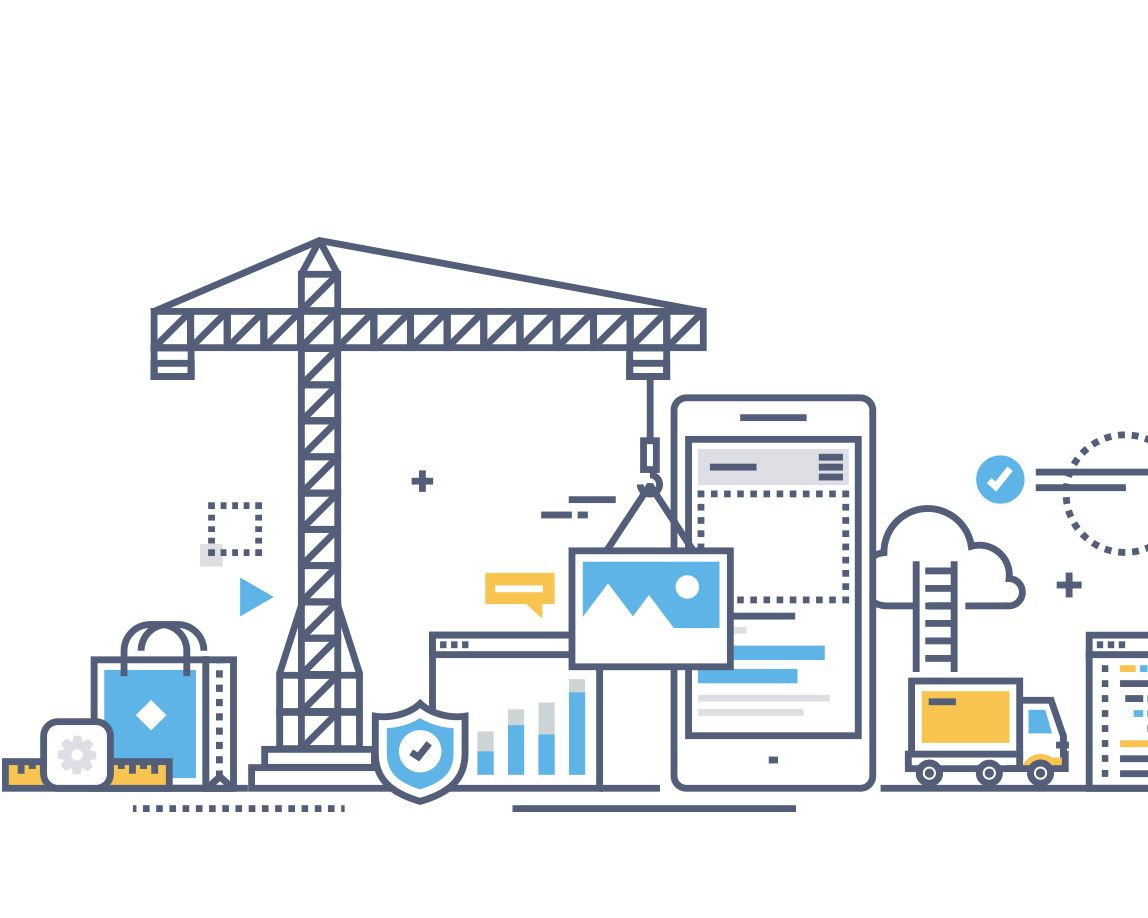
How To Make Your Website Secure
How to Make Your Website Secure: Essential Tips for Protecting Your Online Presence
In today’s digital age, securing your website is more important than ever. With the increasing frequency of cyberattacks, ensuring that your online presence remains safe is crucial for protecting both your data and your users. This blog will provide you with practical steps to enhance your website’s security, making it more resilient against potential threats and tell you exactly how to make your website secure.
Understanding the Importance of Website Security
Protecting your website from different risks, including malware, hacking, and data breaches, is known as website security. Users’ trust is increased by a secure website, which improves user experience and motivates them to interact with your content. According to research, 47% of users anticipate websites to load in two seconds or less, and this expectation might cost businesses money. Furthermore, six months after a hack, around 60% of small enterprises cease operations. These figures demonstrate how urgently strong security measures are needed.
Start with HTTPS
Using HTTPS is one of the first steps towards securing your website. Sensitive data is protected during transmission between users and your server thanks to this protocol, which encrypts data. An SSL certificate from your web hosting company is simple to obtain. Once you have it, switch all HTTP traffic to HTTPS. Because Google favors secure websites, doing this not only protects your data but also raises your search engine ranks.
Regularly Update Software and Plugins
Software that is too old can be a serious risk. Hackers frequently take advantage of well-known flaws in out-of-date software. Thus, make sure that your themes, plugins, and content management system (CMS) are up to date. Most platforms, including WordPress, alert users when upgrades are available. If you disregard these alerts, your website may become vulnerable to hackers. You can patch vulnerabilities before they can be exploited by doing routine maintenance.
Use Strong Passwords and Two-Factor Authentication
Making secure passwords is essential to keeping your website safe. Don’t use information that can be guessed at, such as birthdays or everyday terms. Rather, use a mix of numerals, symbols, and capital and lowercase letters. Furthermore, whenever feasible, use two-factor authentication (2FA). By forcing customers to confirm their identity using a second means, like a text message or authentication app, this provides an additional degree of security.
Regular Backups are Key
Backing up your website is crucial for recovering from attacks or data loss. Use reliable backup solutions to schedule regular backups of your data. Ideally, store backups in multiple locations, such as cloud storage and external hard drives. In the event of a security breach, having access to your most recent backup can significantly reduce downtime and data loss.
Limit User Access
Controlling user permissions can enhance your website’s security. Only grant access to users who need it. Set roles based on the principle of least privilege, ensuring that users can only access information necessary for their tasks. Regularly review user accounts and remove any that are no longer active. This minimizes potential entry points for hackers.
Employ a Web Application Firewall (WAF)
A Web Application Firewall acts as a barrier between your website and potential threats. It filters and monitors incoming traffic, blocking harmful requests before they reach your server. Many hosting providers offer WAF solutions as part of their packages. This proactive measure can prevent attacks such as SQL injection and cross-site scripting (XSS).
Monitor Your Website Regularly
Regular monitoring of your website allows you to detect any unusual activity. Use security plugins or services that provide real-time scanning and alerts for potential threats. Many tools offer features like malware detection, blacklist monitoring, and vulnerability scanning. Early detection can save you time and resources, helping you address issues before they escalate.
Implement Security Headers
Security headers provide an additional layer of security for your website. These HTTP headers communicate with browsers about how to handle content and requests. Common security headers include Content Security Policy (CSP), X-Content-Type-Options, and X-Frame-Options. Implementing these headers can help prevent attacks such as clickjacking and code injection.
Facts and Figures: The Reality of Cyber Threats
Cybersecurity threats are on the rise, with a staggering 30,000 websites hacked each day. Moreover, 43% of cyberattacks target small businesses. Effective security measures can significantly reduce risks. For instance, employing a WAF can decrease attack chances by up to 80%. Additionally, nearly 90% of data breaches are caused by human error, highlighting the need for better education and security practices among users. Simple hacks, like using a password manager and ensuring regular updates, can dramatically enhance your website’s safety.
Educate Your Team
If you have a team managing your website, educating them on security best practices is essential. Conduct regular training sessions to inform your staff about the latest threats and safe online behaviors. Empowering your team with knowledge creates a culture of security awareness, making it less likely that they’ll inadvertently compromise your website’s safety.
Secure Your Hosting Environment
Choosing a reputable hosting provider is crucial for website security. Look for providers that offer built-in security features, such as firewalls, DDoS protection, and regular backups. Additionally, consider using dedicated hosting or Virtual Private Servers (VPS) for added isolation and security. This can minimize risks associated with shared hosting environments.
Use Security Plugins
If you use platforms like WordPress, take advantage of security plugins that offer various protective features. Plugins such as Wordfence or Sucuri can help monitor your site for malware, enforce strong passwords, and block malicious traffic. Many of these plugins also offer scanning and firewall capabilities, adding another layer of protection to your website.
Alza Techs: Experts in Building Secure Websites

Alza Technologies specializes in building secure websites that protect corporate data and ensure a safe user experience. We prioritize security in every step of development, integrating advanced encryption and protection measures. Our team ensures that each website is fully optimized for safety, preventing vulnerabilities and cyber threats. Additionally, we create value by providing clients with peace of mind, knowing their websites are secure and reliable. With our expertise, we have successfully delivered secure websites to numerous corporate clients, helping them safeguard their digital presence and build trust with their customers.
Conclusion: How To Make Your Website Secure
Making your website secure is an ongoing process that requires vigilance and proactive measures. By implementing the strategies outlined in this blog, you can significantly enhance your website’s safety. Remember, a secure website not only protects your data but also builds trust with your users, fostering a positive online experience. Start today and take the necessary steps to fortify your online presence.
With cyber threats evolving continuously, staying informed and prepared is your best defense. Don’t wait for a breach to occur; act now to ensure your website’s security.
How do I make sure my website is secure?
To ensure your website is secure, start by using HTTPS. This encrypts data between your site and users. Next, update your software regularly to patch vulnerabilities. Implement strong passwords and encourage users to do the same. Additionally, install a reliable security plugin for added protection. Finally, back up your website frequently to prevent data loss. Following these steps will significantly enhance your website's security.
Which website offers security?
Many websites offer security services. For example, Cloudflare provides robust protection against DDoS attacks. Similarly, SiteLock scans for vulnerabilities and malware. Additionally, Norton offers website security solutions that include malware protection. These services help safeguard your site and enhance its safety. Overall, choose a provider that fits your specific security needs.


